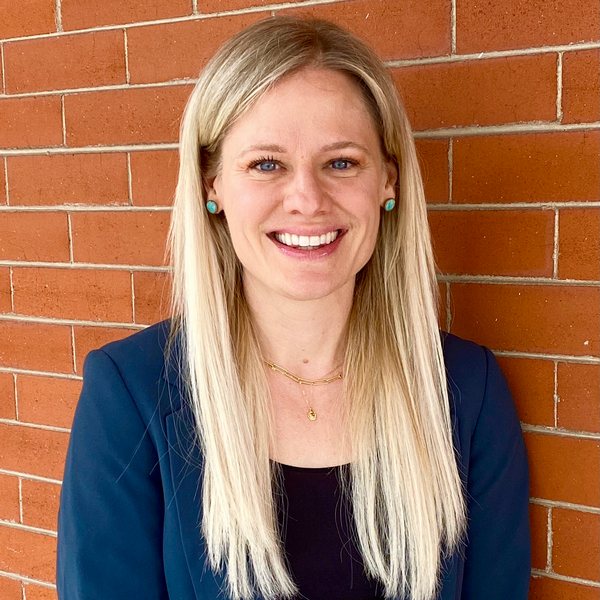Jeanette Lyonne, NLC

Jeanette Lyonne
Jeanette Lyonne is currently a Neurotherapist at Neurotherapy of Colorado Springs. She has her provisional undergraduate studies (B.S.) with a concentration in Psychology at the Colorado Christian University. She completed her neurofeedback training under Chris Edwards and Dr. Steven Stockdale. She has worked as a clinical therapist in group, trauma, recreational, and addictions therapy. Jeanette also specializes in team crisis debriefing and trauma resolution. She has additional training and experience in post-traumatic stress disorder (PTSD) and trauma resolution, Emotional Freedom Technique (EFT), anxiety and stress management, grief and loss, somatic integration, music and recreational therapy and attachment styles and behaviors. She has extensive knowledge in the areas of; physiology of addiction and fear, somatic integration, self-sabotage, inner child work, relapse prevention, recreational and music therapy, attachment styles and behaviors, neuro-cognitive processing, cognitive behavioral therapy, and multi-cultural wheel processing.
“My journey into the realm of health care began after I worked on a mercy ship in Africa, at the age of 19. It sparked my interest in working with PTSD and trauma and has been a big part of my journey as a mental health care provider ever since. It didn’t take long to see the stigma that surrounds trauma and PTSD and that there was a great need to “normalize” it. After seeing and experiencing the effects of PTSD myself, and in those who had served in crisis situations and with refugees, I started to research therapies that could resolve trauma and provide hope. I spent 15 years working internationally in over 30 nations including Mozambique, Northern Ireland, Jordan, Iraq, Greece, Germany and India in various roles involving counseling, teaching and leadership. During the refugee crisis in the Syrian war, I provided assistance and care to refugees as well as training, research, and psychoeducation to aid workers experiencing vicarious trauma and compassion fatigue. Throughout this time, I worked hard, and continue to work hard, at building a skillset that lends itself to healing trauma. Then, I read about neurofeedback in “The Body Keeps the Score”. It made sense. The author was explaining that trauma just isn’t a psychological issue or a mental state, but it actually caused physiological changes in the brain similar to what you might see in a TBI. I was intrigued. Was neurofeedback the missing piece in resolving trauma at a core level? Was this the rehabilitative model for trauma that I was looking for? Well, it turns out, it was for me personally as I found myself “in the chair” as a patient, using neurotherapy to help me recover from a TBI as a result of an accident I was in. And now I have moved from patient to practitioner. I am finally in my work “home”. It’s a practice that encourages me to utilize all the skills I had already learned, with the integrative practice that is Neurotherapy of Colorado Springs.”